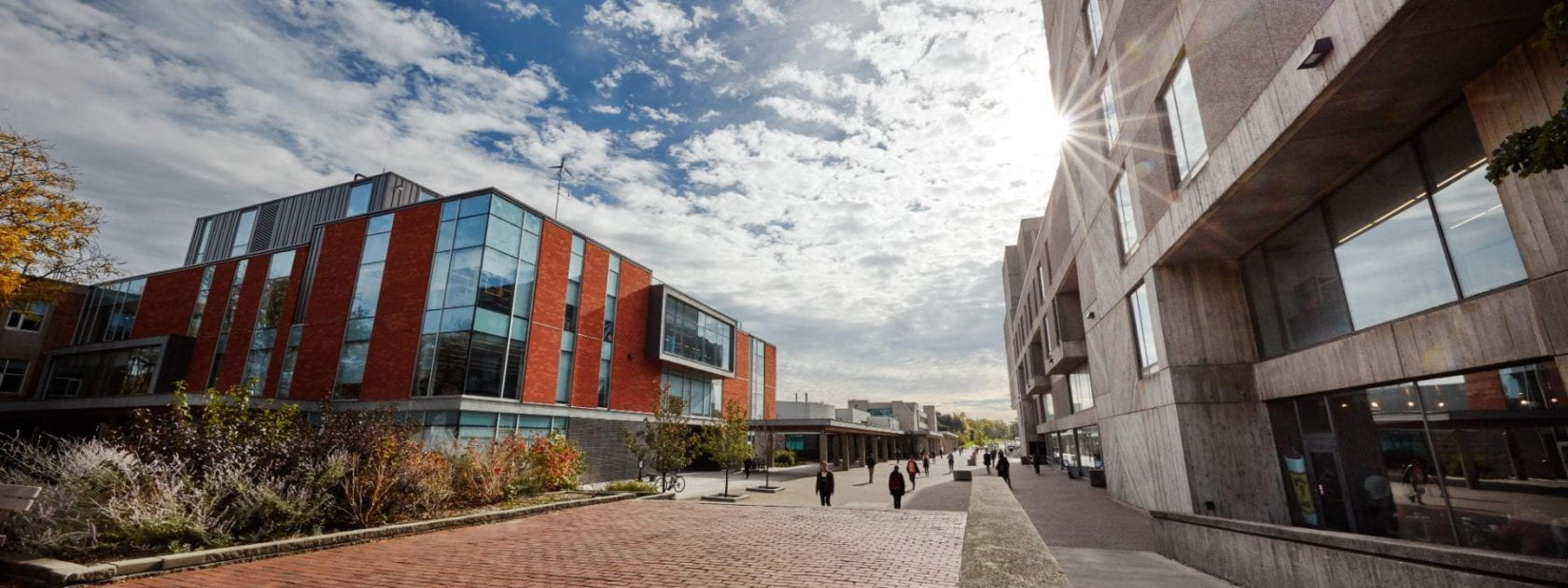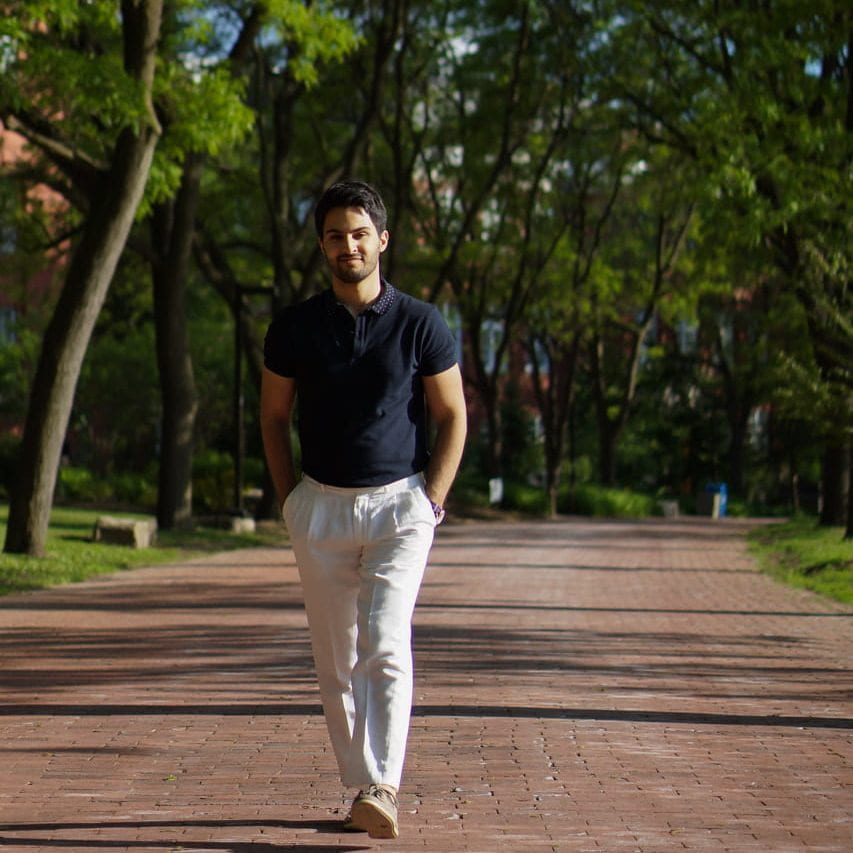The One Health Institute congratulates PhD candidate René Sahba Shahmohamadloo on his recent publication, and on being a semi-finalist for the Rockefeller Foundation’s 2050 Food System Vision Prize.
Meet René Sahba Shahmohamadloo, a Ph.D. candidate pursuing a Doctorate in Aquatic Toxicology under the supervision of Dr. Paul Sibley through the School of Environmental Sciences at the University of Guelph.
Rene’s work looks at the mechanisms of toxicity and risks from consumption of fish that are exposed to cyanotoxins made by harmful algal blooms.
Rene acknowledges the connections between his applied research and the field of One Health, recognizing the interconnections between humans, animals and the environment.
“The wellbeing of each contributes to the wellbeing of the collective”
Microcystins (“the most infamous family of cyanobacteria”) are bacteria present in multiple geographic locations and are known to cause death to humans, animals and invertebrates. Anthropogenically induced global rising temperatures are catalyzing these harmful blooms, which may result in devastating effects on freshwater systems upon which humans are so dependent.
René and his supervisor, semi-finalists for the Rockfeller Foundation’s 2050 Food System Vision Prize, have recently submitted their refined proposal that includes an underlying emphasis on One Health. The prize is an “invitation for organizations across the globe to develop a vision of the regenerative and nourishing food system that they aspire to create by the year 2050.”
René’s vision is focused in Southwestern Ontario, and aims to develop a framework that minimizes the environmental impact of the growing agricultural demands without sacrificing production or the livelihood of farmers. Their refined proposal constructs an image of a food production system where “food security, ecosystem health, and human health are explicitly integrated”. Their solution incorporates policy recommendations, management practises for farmers, and the participation of governments and government incentives.
Learn more about René here: https://www.renesahba.com/
Update: René Sahba Shahmohamadloo graduated with his PhD in 2021 and is currently a Postdoctoral Fellow at the University of Guelph.
Article by Katherine Heyland




